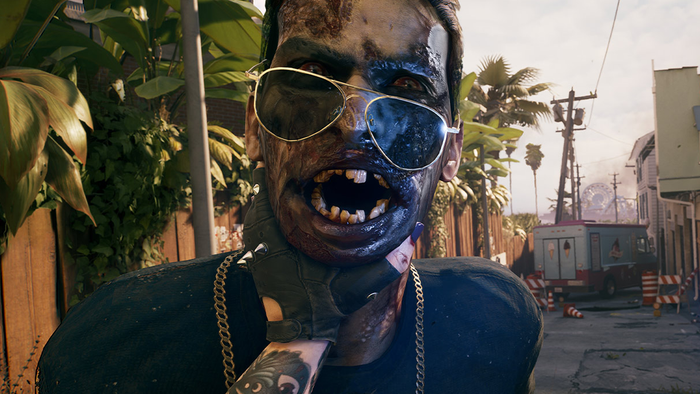A Short look at Games and Art
It is clear that games, as a medium, have become more sophisticated over the years--but what exactly have they become? If we can consider them no longer simply toys, what are they? Can video games be an art form, and why is it even important?

Video games have come a long way from their humble beginnings; they are no longer just an out-of-his-element Italian plumber taking out his frustrations on turtles and racking up points. While we may never truly leave some of these invaluable early tropes behind, it is evident that video games have gotten much more sophisticated over the years. The burgeoning industry has had time to grow and mature, and as technology and game design have come into their own, games now rival the popularity of movies and other kinds of entertainment. The various levels of artistic quality and design have come to challenge the antiquated idea that video games are simply toys—but then, one must ask, what are they? If games rival popularity of other mediums, can they rival their gravity? Can we consider video games an art form?
This is a tough question that's been knocking around my head—and the minds of people much smarter than myself—for years now, and I've come to realize that the initial answer has a lot to do with how you form the question. Asking “Are video games art” is a lot like asking if all books and movies art, which is a sentiment I think a lot of people would find fault in. I definitely don't like the idea that both Stanley Kubrick's films and the Scary Movie franchise should fall under the same designation, nor that games like Mass Effect 2 or Half Life 2 should be lumped in with Angry Birds (not that Angry Birds isn't great in its own right). The answer may then be that some pieces in a medium are art and others are not. Great; but then again, what is art anyhow?
This is where a lot of these sorts of arguments tend to fall apart. Defining art is tricky: if you make your definition too broad, you include works that many would intuitively reject as art. If you get too specific, you marginalize examples of art that may not gel with the definition. In many ways, arguing video games as a possible art form is a fruitless pursuit—so then why do many people, including myself, feel compelled to defend our views? Is it really important for games to be art in the first place?
I don't think anything needs to be art necessarily, and there are games that prove to be very engrossing experiences without trying to be anything more than entertainment. But then there are those games that truly break the mold of what players thought possible in the medium, in which game and artistic design coalesce into a personal or mutual feeling of self discovery and immersion—and it is for games like these that people like myself argue for the possibility of a game to be a piece of art. We're championing a young industry, and in many ways the burden of proof is on us: but as a gamer who has had some of his most meaningful experiences whilst playing games, it is a burden thoroughly worth bearing.
Read more about:
BlogsAbout the Author(s)
You May Also Like













